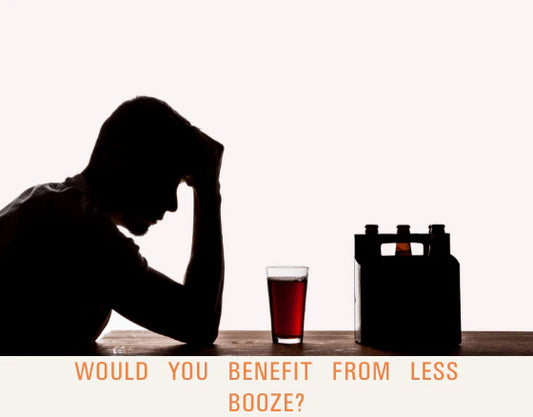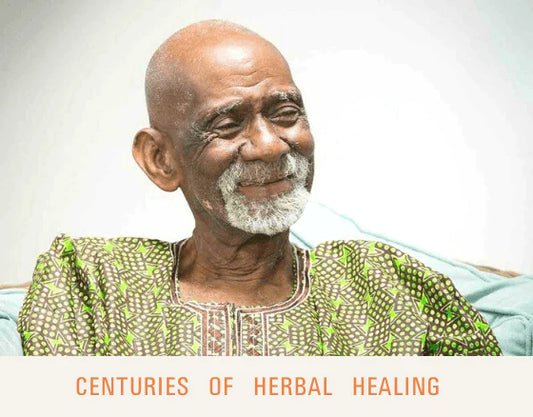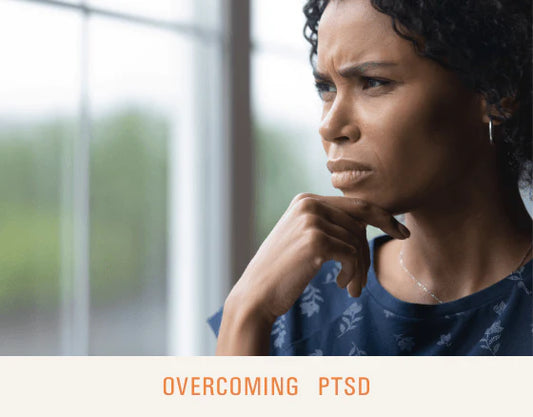Emotions use up nearly 70% of our total energy. Wasting emotional energy drains the body, and increases your risk of disease. By simply listening to your emotions you can free up energy to enjoy life more fully.
“The African have a saying: ‘an angry heart will devour its owner’” – Dr. Sebi.
Don’t let unresolved emotions drag you down! Move up the emotional energy scale by calming stress with uplifting Hemp and Chamomile Tea.
What Are Emotions?
We experience emotions as a movement of energy in the body. This movement causes muscles and organs to respond, e.g. contraction when we feel tense or frustrated, expansion when we feel peaceful and calm. The word emotion comes from Latin (‘emotere’) which literally means ‘energy in motion.’
Emotional energy is neutral, but we learn to label and judge emotional experiences as good or bad. Unfortunately, the less enjoyable emotions, like fear, help us survive, so they take priority over the more enjoyable emotions like peace or tranquility.
We need emotions to communicate information from the limbic (emotional) brain to the rest of the body. Ignoring or suppressing emotions causes inflammation and illness. Fortunately, when you understand that emotions are flows of energy, you can ride out the less enjoyable ones.
The emotional brain guides our decision-making (with much more influence than we realize). Like a CEO, the limbic brain has executive power, and frequently overrides logical decisions and rational thoughts. But, learning to understand emotions will help you feel more in control, and restore the lost energy going into messages that aren’t being heard.
Sensing Emotions
The sensations you feel in your body (like butterflies in your stomach, clenched fingers, or a tight jaw) provide a constant stream of information about your current experience and environment. Notice how you feel physically when you approach (or even think about) a difficult situation or unpleasant person.
By paying attention to the sensations in your body, you enhance the emotional communication and less energy is wasted getting the message across. Chronic stress is the result of a build-up of messages that communicate something is wrong (e.g. with your job, relationships, environment, diet, etc). But from a young age, we are taught to suppress how we feel, and so we bottle up or stuff down these critical messages until we get physically sick. Then we’re forced to listen and repair years of damage.
Negative Emotions
Because some emotions feel physically unpleasant (for example, anxiety makes us feel sick and shaky), we try and get rid of them quickly (like eating something sweet when we feel sad to cover up the feeling). Unfortunately, this means we have stopped listening to the important message from the limbic brain.
Suppressing negative emotions might work temporarily. But it will eventually make us feel worse – like a complaining child that doesn’t give up, getting LOUDER until someone listens! From an evolutionary perspective, negative emotions have an important role. Fear motivates us to avoid danger; embarrassment helps others forgive us when we have done wrong; sadness motivates sympathy from others (some people use this emotion to hook us into their drama).
We experience about 20 primary emotions (secondary emotions are subdivisions of the primary ones, for example, agony and discomfort are both types of pain). The primary emotions are:
- Anger
- Boredom
- Care
- Contempt
- Disgust
- Enjoyment
- Fear
- Grief
- Happiness
- Interest
- Love
- Lust
- Pain
- Panic
- Play
- Rage
- Relief
- Sadness
- Seeking
- Surprise
- Terror
Instead of classifying emotions, it is more useful to interpret the emotional energy being experienced. Then, like deciphering a clue or code, you can start to ‘hear’ the message being communicated. Pinpointing the emotional energy can help you navigate how you feel (many of us are ‘numb’ or lacking the emotional vocabulary to know exactly how we feel). Which section of the graph are you in right now?

Emotional Awareness
Just by becoming more aware of your emotions, you can start to take control. If you realize you’re in the Red Zone you’re probably not able to make good decisions or communicate effectively. If you’re in the Green Zone you can trust that you will be making pragmatic life-affirming decisions.
Hunger, inflammation, arguments, traffic, and other stressful situations put us in the Red Zone, and this is when we are likely to make rash decisions. Isolation makes us Blue and we try to recover energy with “comfort” food. You should avoid shopping when you are Red or Blue!
Knowing which zone you are in will help you interpret what is going on. When did you move zones? What happened? What triggered the shift? Where would you like to move to next? People, places, food, smells, and music all influence emotional energy. What message is your mood trying to tell you? Are there some toxic people or influences you need to stay away from?
Emotional Control
Strive to seek out the Pink and Green emotional zones – make a list of people, places, sounds, and smells that uplift you and help you feel good. Use these emotional cues to create a toolkit that can get you back into the zone of your choice. What helps you feel calm, relaxed, peaceful or joyous? What people bring out these feelings in you?
You can also change your emotional energy using herbs. Hemp and Chamomile are both revered for their ability to shift us into more pleasant feelings. By calming inflammation and stress in the body, these powerful herbs enhance your emotional freedom and help you think and feel more clearly – so you can find practical solutions to life’s challenges and think more clearly about your experience.
Hemp and Chamomile Tea is especially effective at turning down the mental chatter that stops you from getting to sleep at night. Lack of sleep is inflammatory and without it, you get into a vicious cycle of negative moods and damaging behavior. Give your emotional energy a boost with this powerful uplifting brew.
It is important to acknowledge your emotions, but you don’t have to dwell in them. Hear the message and take action. What needs to be different? What are your emotions trying to tell you? Are you ready to listen to your limbic system?


















































